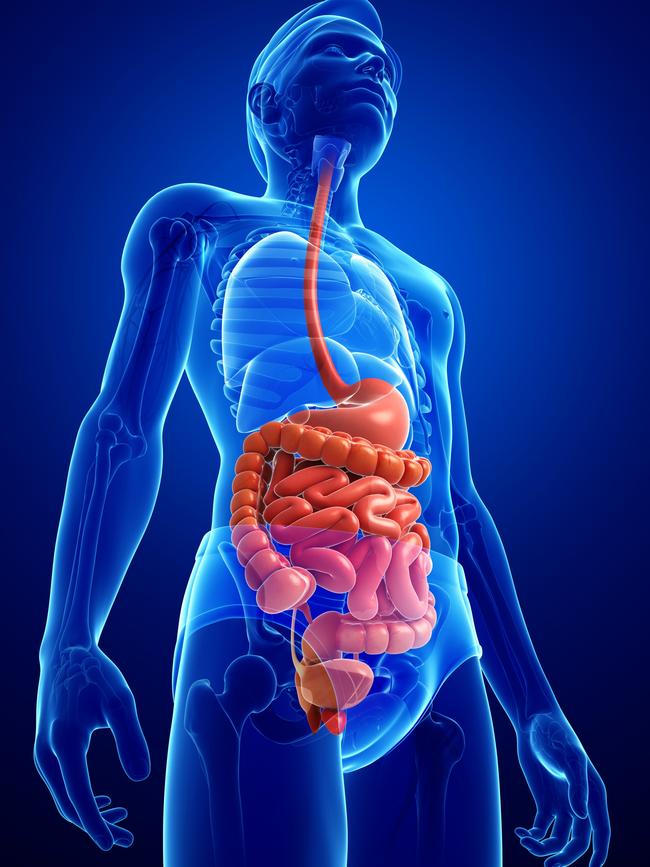Gut-brain-axis the target of implantable device for IBD
Victorians with a debilitating and increasingly common gut disease will be the first in the world to be implanted with an experimental nerve stimulator device as a potential new treatment.
VIC News
Don't miss out on the headlines from VIC News. Followed categories will be added to My News.
Victorians with a debilitating and increasingly common gut disease will be the first in the world to be implanted with an experimental nerve stimulator device as a potential new treatment.
The US military has funded the $6 million development of this “electroceutical” therapy, which stimulates nerves in the same way as medication does to treat the inflammatory disease suffered by 80,000 Australians.
Following successful studies in animals, the Melbourne researchers are now preparing to implant their device in humans later this year.
US MILITARY FUNDS MELB RESEARCH PROJECT
SECRET CURES LURKING IN YOUR GUT
BIONIC CAPSULE GUT HEALTH BREAKTHROUGH

They cleared their first hurdle of proving the device was safe in animals, and now they have published their largest two animal studies in sheep and rats showing the device can reverse disease in the gut.
“We’re very excited about this because you can get a device from a very early basic research stage all the way into the clinic in about four years, which is essentially what we’ve done,” said Bionics Institute lead researcher Sophie Payne.
“It’s a very quick turnaround compared to developing a new drug.”
The findings were published in the journal Frontiers in Neuroscience. The project also involves the Florey Institute of Neuroscience and Mental Health, the Victorian Liver Transplant Unit at Austin Health and University of Melbourne.
Their target is the vagus nerve, the “super highway” connecting the brain to the gut, and branching into each organ in between.
Small electrodes are wrapped around this nerve near the abdomen, which are connected to a stimulator implanted under the skin, the same set up as a pacemaker.

Inflammatory Bowel Disease is the first focus, with its prevalence twice as high in soldiers.
Few patients respond to medication, with 70 per cent of those with Crohn’s disease needing surgery to remove part of their bowel.
Dr Payne said the device aimed to reduce inflammation in the gut wall by electrically stimulating the nerves and “tapping into the in-built anti-inflammatory system in our bodies”.
“Our hope it that it will allow them not to keep taking a whole cocktail of drugs, they’ll have fewer side effects and be able to live their life in a way they haven’t experienced before.
“This could very well be a platform for the treatment of other diseases, by manipulating the nerve in a different way to affect a different disease.
“Arthritis is one I’ve got on my horizon.”


